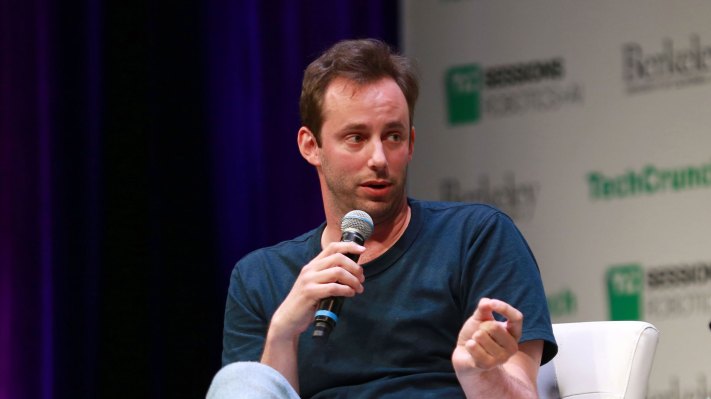

Anthony Levandowski, the former Google engineer and serial entrepreneur who was at the center of a trade secrets lawsuit between Uber and Waymo, has been indicted by a federal grand jury on theft of trade secrets.
The indictment, which is posted below, charges Levandowski with 33 counts of theft and attempted theft of trade secrets while working at Google, where he was an engineer and one of the founding members of the group that worked on Google’s self-driving car project. He is scheduled to be arraigned on the charges on August 27 at 1:30 p.m. before U.S. Magistrate Judge Nathanael M. Cousins.
If convicted, Levandowski faces a maximum sentence of 10 years and a fine of $250,000, plus restitution, for each violation.
As a result of the charges, Levandowski has stepped down as CEO of his latest startup called Pronto AI, which is developing an advanced driver assistance system product for trucks called CoPilot. Pronto Ai was originally called Kache.ai, according to paperwork registering it as a corporation with the California Secretary of State
Robbie Miller, Pronto’s chief safety officer, will take over as CEO, the company told TechCrunch.
“The criminal charges filed against Anthony relate exclusively to lidar and do not in any way involve Pronto’s ground-breaking technology,” the company said in a statement. “Of course, we are fully supportive of Anthony and his family during this period.”
The charges stem from Levandowski’s time at Google’s self-driving project, where he led its light detecting and ranging (lidar) engineering team, according to the indictment. The indictment alleges that in the months before his departure, Levandowski downloaded from secure Google repositories numerous engineering, manufacturing, and business files related to Google’s custom lidar and self-driving car technology. Levandowski worked on the project from 2009 until he resigned from Google without notice on January 27, 2016.
Levandowski left Google and started Otto, a self-driving trucking company that was then bought by Uber. Waymo later sued Uber for trade secret theft.
Waymo alleged in the suit, which went to trial, that Levandowski stole trade secrets, which were then used by Uber. The case went to trial, but was settled in February 2018. Under the settlement, Uber has agreed to not incorporate Waymo’s confidential information into their hardware and software. Uber also agreed to pay a financial settlement which included 0.34% of Uber equity, per its Series G-1 round $72 billion valuation. That calculated at the time to about $244.8 million in Uber equity.
“We have always believed competition should be fueled by innovation, and we appreciate the work of the U.S. Attorney’s Office and the FBI on this case,” a A Waymo spokesperson said in a statement provided to TechCrunch.
An Uber spokesperson said the company has cooperated with the government throughout their investigation and will continue to do so.
The prosecution is being handled by the Office of the U.S. Attorney, Northern District of California’s new Corporate Fraud Strike Force and is the result of an investigation by the FBI.
“All of us have the right to change jobs,” said U.S. Attorney David L. Anderson, “none of us has the right to fill our pockets on the way out the door. Theft is not innovation.”
This is a developing story.
Levandowski Indictment by TechCrunch on Scribd

